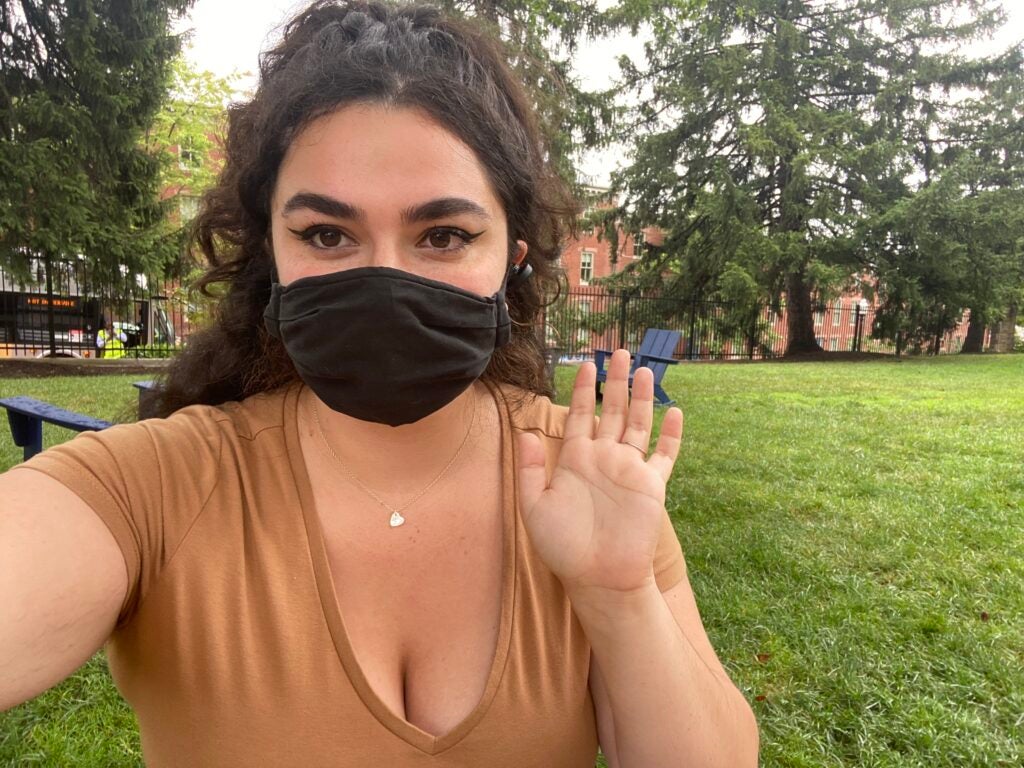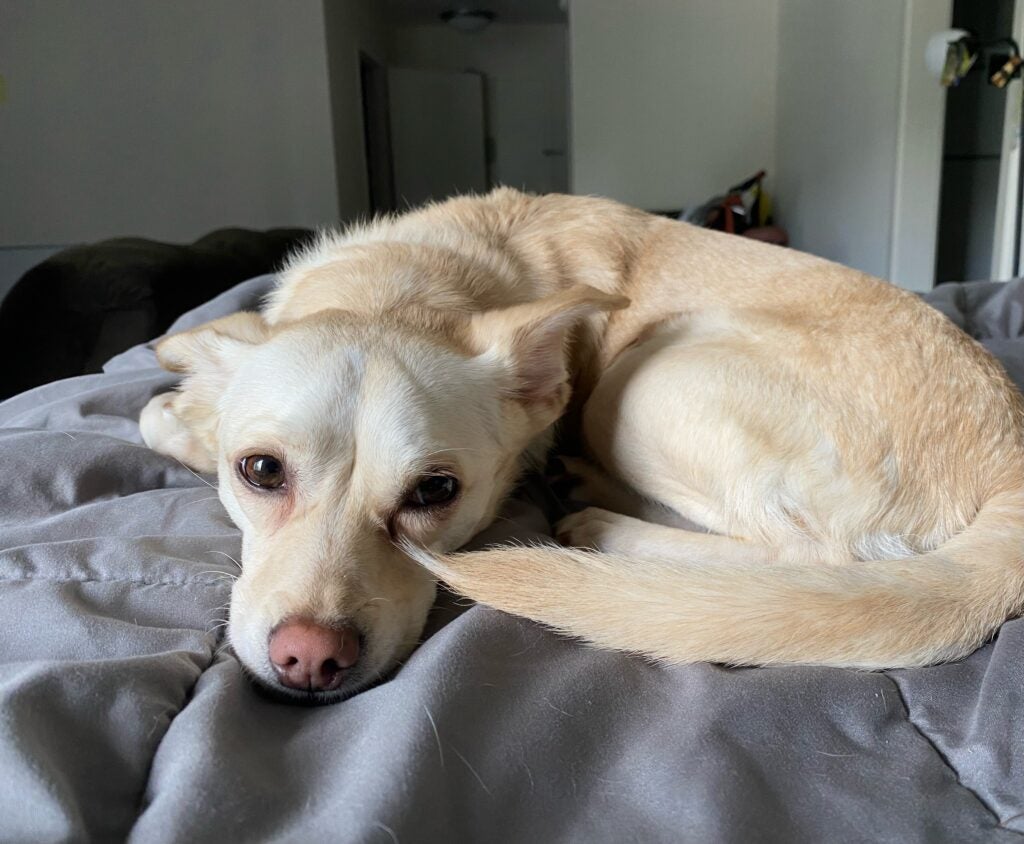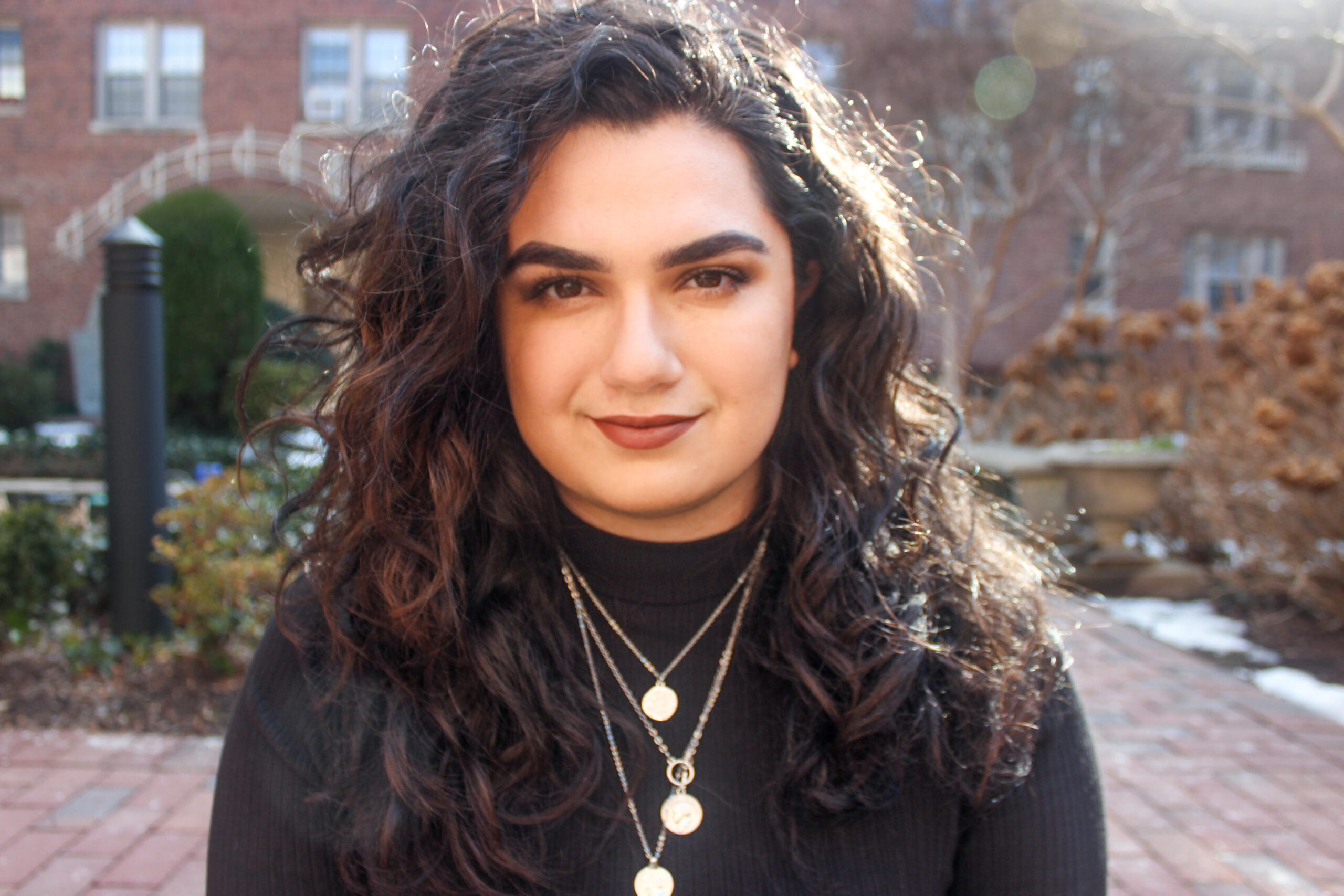Junior Creates Organization to Advocate for More Accessible Practices in High School Debates
Alanna Cronk (C’23) started the organization 1AC-ACCESSIBILITY (1AC), which seeks to make high school debates more accessible to those with disabilities, in the spring of her sophomore year. A speech champion at the state level, Cronk was impacted by the lack of accommodations for those with disabilities during her time competing and saw an opportunity to improve the system for future debaters.
“I want to bring awareness to the speech and debate world,” says Cronk. “I want the kids participating to know that accessibility is a thing that they deserve. I want to see speech and debate organizations at every level reevaluate what they are doing and make honest efforts to reach out to their disabled participants and help them in the ways they can.”
Deconstructing Ableism in Speech and Debate
Cronk was active in debate during middle school and high school, eventually winning the 2017 California State Championship in Original Oratory when she was only a sophomore. She also became involved in several events including public forum debate and policy debate with high levels of success, saying that it was “one of the first things I have ever been deeply passionate about.”
“I spent most of my free time studying linguistic theory, watching great speeches, reading on online forums about the theory that was related, going to tournaments, leading the team and more,” Cronk explains. “It was just so fun and something I felt like was my thing.”
Despite obstacles that she faced in high school, Cronk decided that she wanted to go to the National Individual Events Tournament of Champions (NIETOC) and wrote and memorized a 10-minute speech two weeks before the first bid competition in Arizona. After she was accepted into and won the second bid competition, she went on to place in the top 20 for the NIETOC tournament.

Cronk outside of Healy Hall working on the 1AC website
“By that point, my speech was very popular — it was a speech about menstruation titled ‘The Most Uncomfortable Speech Ever Written. Period,’” says Cronk. “People would look at the room assignments to see where I was speaking to come and watch me. But I was miserable the whole time.”
Cronk stopped doing speech and debate despite her success because of the lack of accommodations available in the high-stress environment.
“I never had enough in-round preparation time or space to take care of my mental health needs and that resulted in dozens of panic attacks,” Cronk explains. “Had there been a system for accommodations that allowed a time and a half for in-round preparation, I might have been able to continue debating…I ended up quitting my junior year because of the lack of support and stress that caused.”
After coming to Georgetown, Cronk began to become more involved with the Program in Disability Studies, taking a one-credit class with Lydia X. Brown. Cronk was so impacted by the course that she also took Professor Brown’s Capstone course. The skills she gained from these classes gave her the education “to be able to identify unfair and inequitable practices and the confidence to point them out.”
During the pandemic, she was asked to join virtual debate tournaments as a judge over Zoom. Re-entering the world of debate with a more informed perspective made Cronk realize how many ableist policies existed in this arena.
“I began to reflect on my past experiences, and I could see how much disability and ableism played into me quitting something I really loved and excelled at,” Cronk explains. “I could not stop thinking about the possibility that I might be able to make even a small change so no one else has to experience something similar to what I or other alumni have gone through. Speech and debate might seem niche, and it is, but to the people in the activity it is everything and so deeply beloved, and I want to do my part to work toward equality for the disabled folks in the activity who have largely been unaccounted for.”
Through 1AC, Cronk hopes to change policies in high school debates so that everyone can participate equitably. Current rules, such as requiring that all debaters stand during their speeches, eliminate many potential students from participating.

Cronk’s emotional support animal Twinkie
Other policies such as speed reading, timekeeping or even the food that is served during debates create inaccessible environments to many. Those who have mobility access needs face challenges navigating unknown college campuses where the majority of high school debates are held and these individuals are often fined for arriving late after these needs have not been met.
Nuisance fees also fine entries for leaving tournaments including emergent medical needs, which not only presents difficulties for those with disabilities but for those with economic hardships as well.
“This constellation of inconsideration provides considerable barriers that disabled children may not be able to overcome and ultimately may be the cause for them leaving the activity, which is a real shame,” Cronk says. “Disabled people deserve to participate by virtue of being people, obviously. But also, I think the speech and debate community really loses out on the enrichment of disabled thought and expression.”
Experiences in Education
Cronk says that her time as a double English and philosophy major have helped her to not only learn how to write a good essay, but have motivated her to articulate and defend her thoughts about the world.
“Professor Nathan Hensley in particular encouraged us to be bold and creative in whatever projects we did in his class,” says Cronk. “After writing a bunch of fun and innovative essays during my college career so far, I think I have become more comfortable with pointing out the things that I see with my unique brain.”
Hensley, Ph.D. and a professor in the Department of English whose work examines nineteenth-century British literature, environmental humanities and critical theory says that he “loved how Alanna’s work was always trying something new, putting things together, taking new angles on familiar ideas.”
“When she wrote on Alice’s Adventures in Wonderland, for example, she used a notation scheme from formal logic to challenge the supposed ‘madness’ of Alice’s new life: it turns out the nonsense Alice found so baffling actually does make a certain, different kind of sense,” Hensley explains. “Now more than ever, it seems to me that the world doesn’t need more thinkers who repeat the ideas we already know. An English degree helps train students to change the way we look at things — and Alanna’s work is a beautiful example of that.”
In addition to her advocacy work, Cronk is also the publication editor for the Georgetown Scientific Research Journal and is a member of the Native American Student Council. She also tutors for DC Reads.
After graduating from Georgetown, Cronk hopes to pursue a Ph.D. that incorporates applied ethics and disability.
1AC is partially funded through SIPS, which will support an exhibition tournament that implements the accessible practices promoted by the organization. The tournament is planned for the first weekend in August and has been approved by the National Speech and Debate Association to host on the national circuit.
The junior says that she is strongly motivated in this work by understanding the importance of not giving up.
“When you are disabled, the world is not designed for you, and you kind of just have to relentlessly be committed to what you want to make your dreams happen,” Cronk says. “I expect this {organization} will be the same. But I have an incredible amount of determination to get things done, and I plan on making a lot of noise doing it.”
